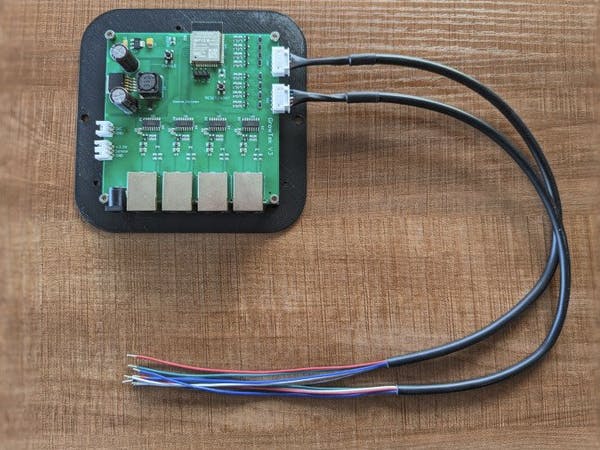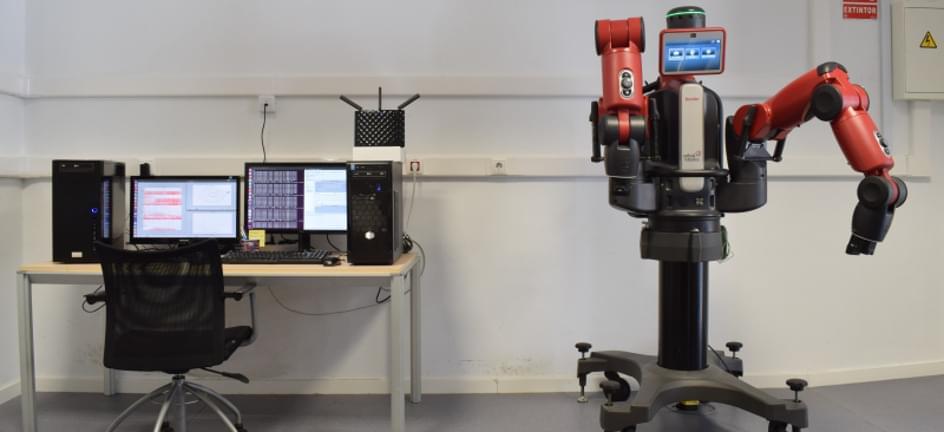A huge asteroid the size of the Eiffel Tower is approaching our planet. The asteroid is named 4,660 Nereus and has been flagged ‘Potentially Hazardous’ by NASA. Nereus is 330 meters long and will break into Earth’s orbit on Saturday, December 11. The colossal asteroid is traveling at 23,700 km/h towards our planet.
On December 11, the asteroid will make its closest approach to Earth. It will come within 3.86 million km, about ten times the distance between Earth and the Moon. Although it sounds like an enormous gap on cosmic scales, it is actually a stone’s throw away.
How to watch comet Leonard: https://bit.ly/3xYv2Od







